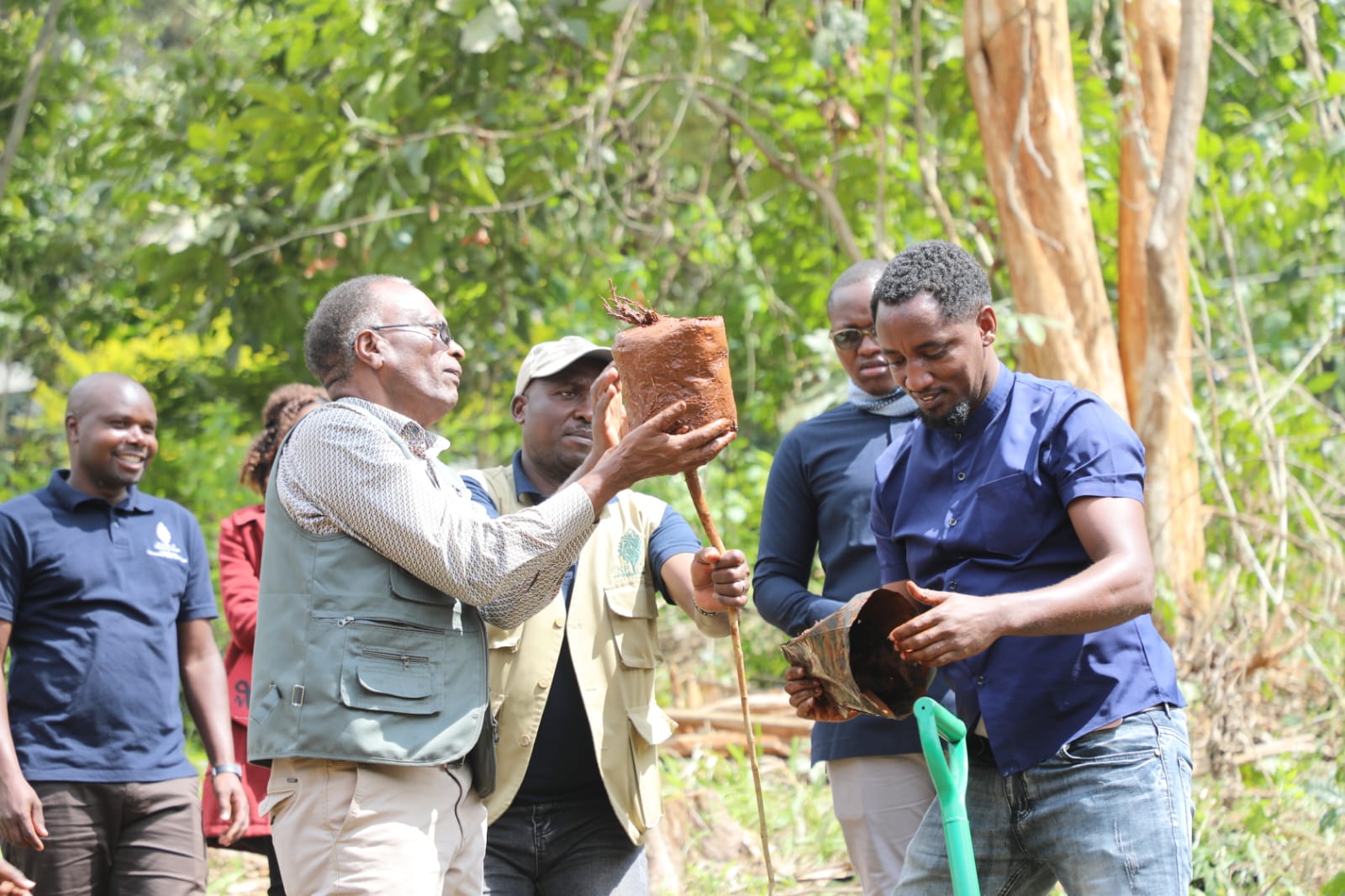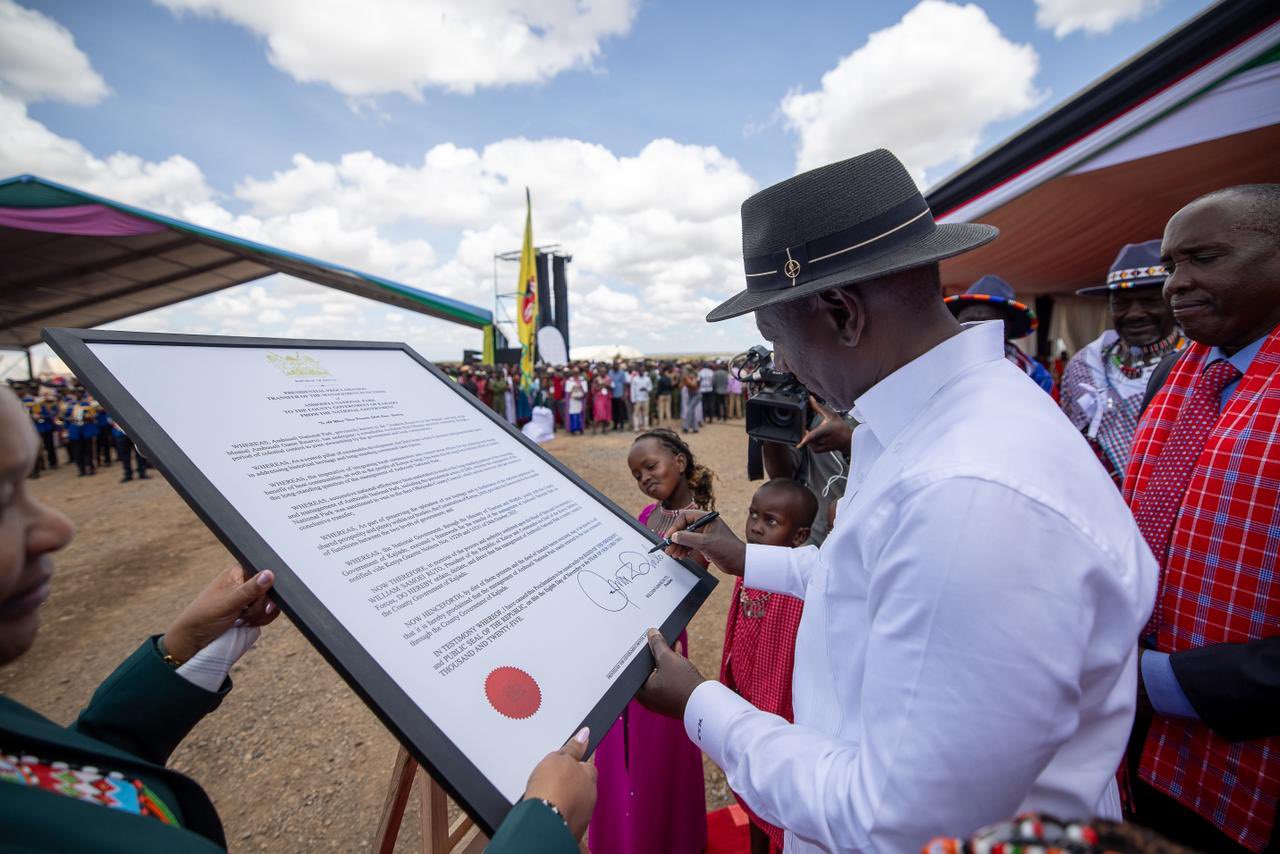Friends of Karura defend financial management amid eCitizen directive

The board member highlighted that FKF board members work voluntarily, meaning they are not paid from the funds collected from the forest.
Friends of Karura Forest Association (FKF) has defended their management of the forest’s funds, saying not a single cent has been misused despite the government directive to transition payments to the eCitizen platform.
Speaking on Monday during an interview with NATION FM -Fixing the Nation Show, FKF Board Member Prof Karanja Njoroge explained that the funds, which are used to pay employees, support local communities, and maintain forest operations, are deposited in a joint account with Kenya Forest Service (KFS), where both parties have full oversight and approval over expenditures.
More To Read
- AG advises Treasury CS to halt Sh50 e-Citizen convenience fee following High Court order
- Blow to State as court declares eCitizen Sh50 charge illegal, halts mandatory school fee payment via platform
- Ruto says fibre-optic growth powering faster eCitizen services and digital access
- KWS rolls out new ‘KWSPay’ system for seamless park payments
- KFS deploys drones to boost security, monitoring in Karura Forest
- KFS dismisses online petition on Karura Forest, defends eCitizen revenue collection
“The money goes to a joint account. The joint account is KFS and FKF, and it has been like that since the beginning,” Njoroge said.
He added that two signatories from each organisation can authorise transactions, ensuring transparency.
The board member highlighted that FKF board members work voluntarily, meaning they are not paid from the funds collected from the forest.
“None of them is paid even Sh1 for doing the work. I have worked there for 15 years. I have never taken home Sh100 from the forest,” he said.
He explained that funds are only used to pay 137 employees employed by FKF and KFS, including rangers and the forester.
Prof Njoroge noted that the association also supports local communities through programs in Kijijiro and Ruma, the poorest neighbouring areas.
“We have tutored them to create working groups. So there are 10 operating working groups, each having up to 30 members, and we admit them into the forest every morning… all that is done by a core group of people from the village. During my time, we were spending up to Sh1.5 million every month with that group. That money saves a lot of lives there,” he said.
The controversy arises from KFS’s push to implement the eCitizen Pay Bill (2222), which Njoroge described as abrupt and lacking consultation.
“There has not been any day when KFS sat us down through the Joint Management Committee (JMC) or any other committee to tell us that they must use a citizen so that we can discuss it. Never,” he said.
“We just woke up one morning and found KFS manning our gates, kicking our staff out, telling them not to wear their uniforms… and they are asking people to pay them exorbitantly. We have never raised that price since opening in February 2010.”
Njoroge defended FKF’s low fees, saying the forest is meant to remain accessible.
“The forest is not for the wealthy. The forest is for the average guy… even that one on GitHub who would like to have a moment of quiet, to walk into the forest and keep fit. Conservation thrives when you put price aside,” he said.
He accused KFS of bypassing the co-management agreement.
“We are a separate entity from KFS. The money we raised to save Karura is not government money. This could have been negotiated around a table, but instead, we were crammed down,” Njoroge said.
Top Stories Today















































